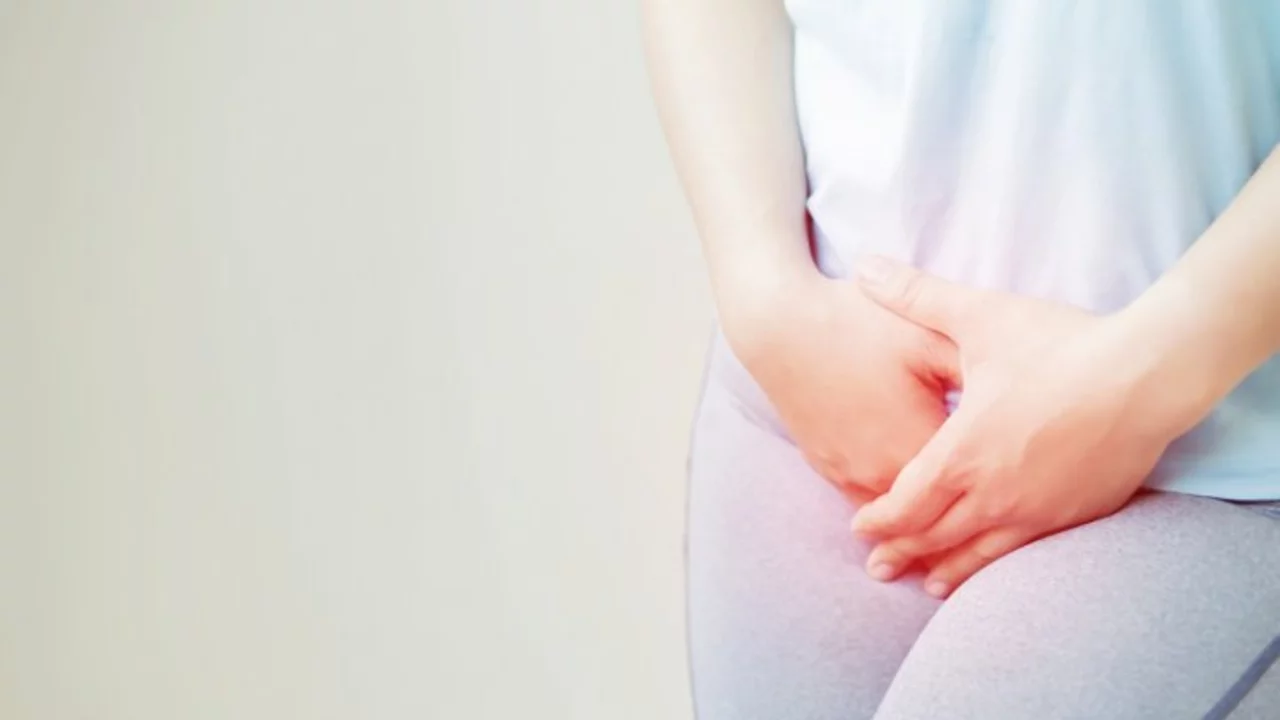Menstrual Cramps Relief – Quick Tips You Can Use Today
If you’ve ever wished for a pause button on your period pain, you’re not alone. Menstrual cramps affect most people who menstruate, but the intensity varies a lot. The good news? A handful of everyday tricks can drop that ache without needing a prescription.
Everyday Hacks That Actually Work
Heat it up. A warm water bottle or an electric heating pad on your lower belly relaxes the uterine muscles in minutes. Even a hot shower aimed at the waist can help – just keep the water comfortably warm, not scalding.
Stay hydrated. Dehydration makes muscles contract harder, which means more cramp pain. Aim for at least eight glasses of water a day, and sip ginger tea if you like a little flavor plus anti‑inflammatory boost.
Move your body. Light exercise – think walking, gentle yoga, or stretching – increases blood flow and releases endorphins that naturally dull pain. A 10‑minute walk around the block often feels better than staying glued to the couch.
Eat smart. Foods rich in magnesium (like bananas, almonds, and dark leafy greens) can calm uterine spasms. Reducing salty or sugary snacks also helps prevent bloating, which can make cramps feel worse.
OTC options. Ibuprofen or naproxen taken at the first sign of pain works better than waiting until the ache peaks. Follow the label dosage and take them with food to protect your stomach.
When to Call a Doctor
If cramps are so severe you can’t do daily tasks, last more than a week, or come with heavy bleeding, it’s time to get professional advice. Conditions like endometriosis or fibroids need proper diagnosis and treatment beyond home remedies.
Talk to your healthcare provider about hormonal birth control options; many people find that the pill, patch, or IUD reduces period pain dramatically. They can also suggest prescription-strength muscle relaxants if over‑the‑counter meds aren’t enough.
Remember, every body reacts differently. Try a couple of the tips above and note what eases your pain most. Keep a short journal – date, symptom level, what you tried – so you have clear info for any doctor visit.
Bottom line: You don’t need to suffer through cramps in silence. Heat, hydration, light movement, smart food choices, and the right OTC medicine can make a big difference. And if those aren’t cutting it, a quick chat with your doctor will point you toward longer‑term solutions.
Can Menstrual Cramps Change as You Age? What to Expect
In my latest post, I explore the topic of how menstrual cramps can change as we age. It's interesting to note that our bodies constantly evolve, and this includes changes in our menstrual cycles too. Some women may notice a decrease in cramp severity as they get older, while others may find their cramps intensify. Several factors like hormonal changes, childbirth, and gynecological conditions can play a role in this. It's crucial for us to listen to our bodies and seek medical advice if necessary.
read more

